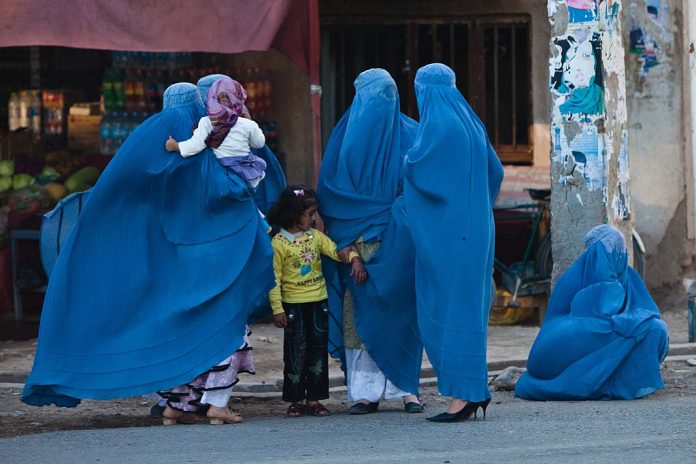The European Parliament adopted a resolution on human rights situation in Afghanistan, especially the deterioration of women’s rights and attacks against educational institutions.
The staggering regression in women and girls’ rights under the Taliban qualifies as gender apartheid, warn MEPs. They call on Afghanistan’s de facto authorities to ensure that women can again actively participate in public life. This must be a key condition, they say, if the international community is to engage with the Taliban. Denouncing the egregious ban on secondary education for girls, Parliament recalls the Taliban’s promises that women’s access to education would be restored and demands that the Taliban now honour their own commitments.)
Parliament deeply regrets that, since the Taliban takeover, access to information has become increasingly difficult, journalistic independence has been curtailed, and civil society organisations have been subjected to increasing pressure.
MEPs also express their alarm at the devastating impact of climate change and environmental degradation in Afghanistan, which is ranked by the UN as the sixth country in the world most affected by climate-related threats, and call for urgent action by the international community to help Afghans address this dramatic situation.
Finally, MEPs ask the EU to establish a long-term strategy on Afghanistan in light of the current situation and the failure of the Taliban to deliver on any of their initial promises.
The resolution was adopted by 532 votes in favour, 8 against with 25 abstentions.

